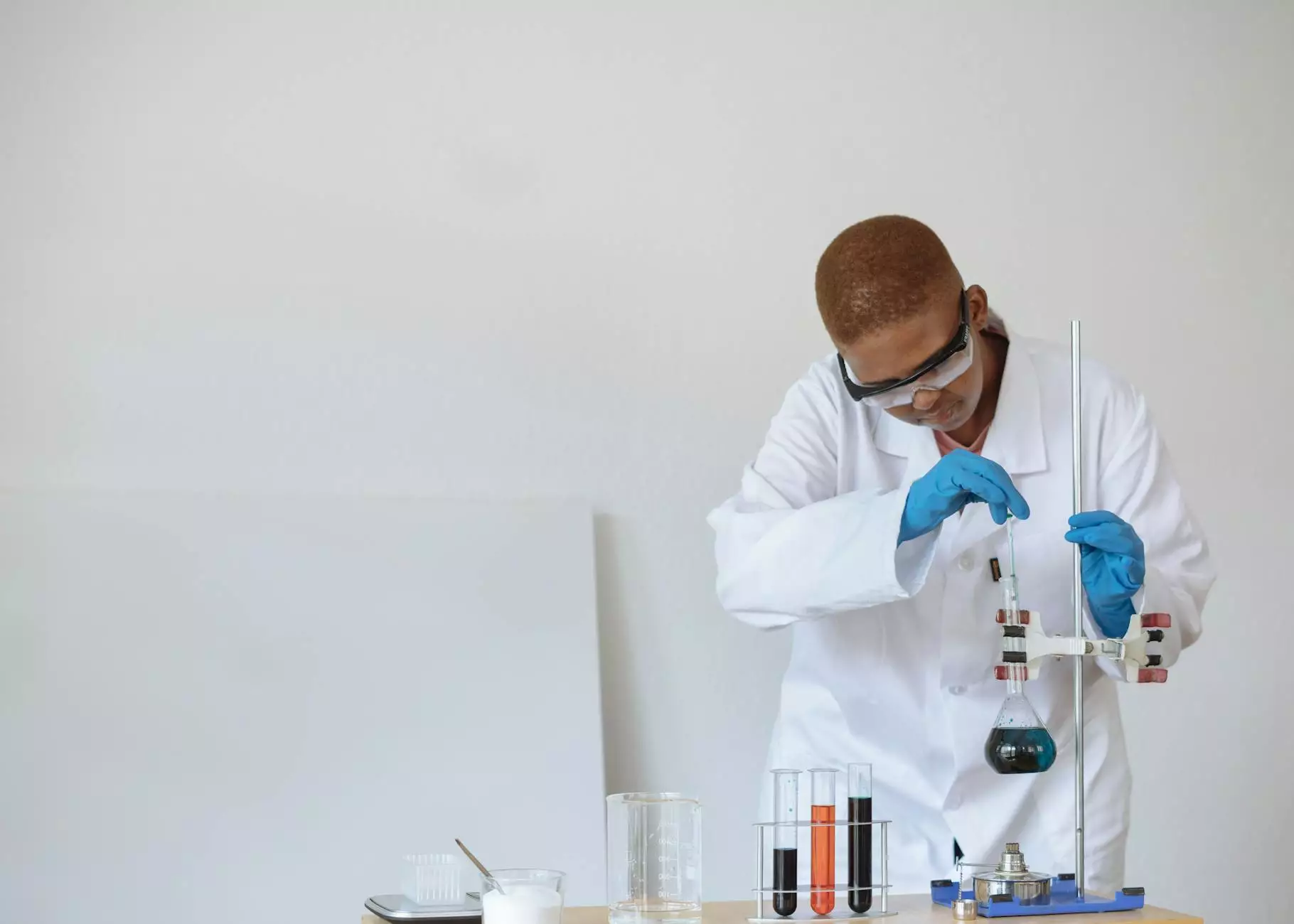Symptoms and Causes of Too Much Testosterone in Women
Health
As a leading authority in health and wellness, CHI St. Luke’s Health - Performance Medicine is dedicated to providing valuable information on various health conditions. In this article, we discuss the symptoms and causes of excessive testosterone in women, shedding light on the effects of high testosterone levels and potential management strategies.
The Role of Testosterone in Women
Testosterone is typically associated with males, but it also plays a crucial role in the female body. While women have lower levels of testosterone compared to men, it is essential for proper functioning and overall well-being. Testosterone is primarily produced in the ovaries and adrenal glands, contributing to sexual development, maintaining bone density, and regulating mood.
Excessive Testosterone Levels in Women
When testosterone levels surpass the normal range in women, it can lead to various symptoms and health issues. Some common signs of too much testosterone in women include:
- Irregular menstrual cycles
- Acne or oily skin
- Hirsutism (excessive hair growth)
- Male pattern baldness
- Deepening voice
- Increased muscle mass
- Decreased breast size
- Mood swings or irritability
Possible Causes
Understanding the underlying causes of excessive testosterone in women is crucial for effective management and treatment. Some potential factors contributing to high testosterone levels include:
- Polycystic Ovary Syndrome (PCOS): PCOS is a common hormonal disorder that often results in elevated testosterone levels. It is characterized by multiple cysts on the ovaries, irregular menstrual cycles, and other symptoms.
- Adrenal Hyperplasia: Adrenal hyperplasia refers to various genetic conditions that affect hormone production in the adrenal glands. This can lead to excess testosterone production.
- Tumors: Certain tumors, such as ovarian or adrenal tumors, have the potential to produce testosterone, causing imbalances in hormone levels.
- Medications: Certain medications, such as anabolic steroids or oral contraceptives with high androgen activity, can disrupt hormone balance and increase testosterone levels.
- Stress: Chronic stress can impact hormone levels and contribute to an increase in testosterone production.
Managing Excessive Testosterone
Effective management of excessive testosterone in women involves a comprehensive approach tailored to each individual's needs. Some potential treatment options include:
- Lifestyle Modifications: Emphasizing regular exercise, stress reduction techniques, and a balanced diet can help regulate hormone levels.
- Medication: Depending on the underlying cause, healthcare professionals may prescribe medications to regulate hormone production or control specific symptoms.
- Hormonal Therapy: In certain cases, hormonal therapy may be recommended to restore hormonal balance and alleviate symptoms.
- Surgical Intervention: In rare instances where tumors or structural abnormalities are the cause of excessive testosterone, surgical intervention may be necessary.
Consulting a Healthcare Professional
If you suspect you have excessive testosterone or are experiencing symptoms associated with high testosterone levels, it is essential to consult a qualified healthcare professional. They can provide a proper diagnosis, determine the underlying causes, and recommend a suitable treatment plan.
At CHI St. Luke’s Health - Performance Medicine, our team of experts is dedicated to guiding patients through their health journey. Contact us today to schedule an appointment and learn more about managing excessive testosterone levels in women.










